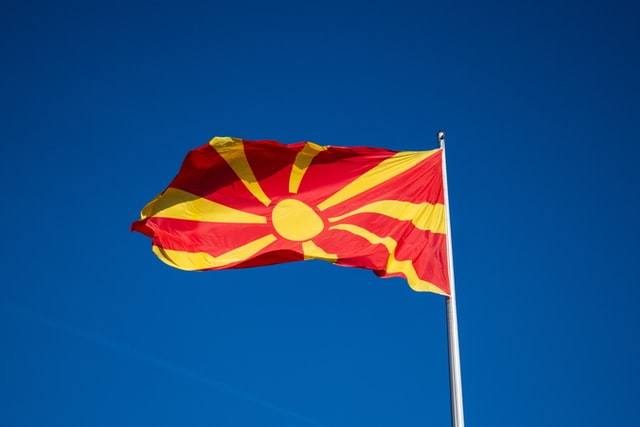North Macedonia has taken a significant step towards joining the European Union after approving a French proposal that allows for accession negotiations to begin. The move was made to overcome objections from Bulgaria, blocking North Macedonia’s bid to join the EU. Relations between North Macedonia and Bulgaria have been tense recently, with disputes over language and minority rights causing friction.
Lawmakers in North Macedonia have passed a deal with Bulgaria that will clear the way for long-due European Union membership talks. North Macedonia has been an EU candidate country since 2005, but a long-running dispute with Bulgaria over language and history has blocked progress.
The new agreement will see North Macedonia change its constitution to allow for more minority rights, including using the Bulgarian language in some areas. In return, Bulgaria will drop its objections to North Macedonia’s membership bid.
The deal was reached after months of negotiations and is seen as a major breakthrough in relations between the two countries. It is also likely to be welcomed by the European Union, which has been pushing for North Macedonia to resolve its dispute with Bulgaria to move closer to joining the bloc.
North Macedonia’s prime minister, Zoran Zaev, said the agreement was a “historic moment” for his country. “This is a big day not only for North Macedonia but also for the whole region,” he said.
Former Bulgarian prime minister, Boyko Borisov, said the deal would lead to closer relations between the two countries. “We are opening a new page in our relations,” he said.
Ursula von der Leyen, President of the European Commission, said, “It was a historic opportunity, and you seized it,” calling it a “big step on your path towards a European future.”
The agreement still needs to be ratified by the parliaments of both countries before it can come into effect. Bulgaria is already a member of the bloc. North Macedonia is also hoping to start accession talks with the EU this year, although that is not guaranteed.
Despite the breakthrough, some issues remain unresolved. North Macedonia’s main opposition party, the VMRO-DPMNE, has accused the government of making too many concessions to Bulgaria and said it would not support the agreement in parliament.
The dispute between North Macedonia and Bulgaria dates back to the breakup of Yugoslavia in the early 1990s. North Macedonia was formerly known as Macedonia but changed its name in 2019 to end a long-running dispute with Greece. That deal also saw North Macedonia given the green light to start EU membership talks.
Bulgaria and North Macedonia have not seen eye to eye. In 2018, North Macedonia accused Bulgaria of trying to revise its history and of denying that North Macedonian is a distinct language.
The two countries have also been at odds over ethnic Bulgarians’ rights in North Macedonia. Bulgaria has long claimed that North Macedonia’s treatment of its Bulgarian minority violates their human rights, something North Macedonia denies.
Tensions between North Macedonia and Bulgaria came to a head last year when North Macedonia’s parliament passed a law making it mandatory to use the Macedonian language in all official situations, including in schools and universities. Bulgaria condemned the move as an attack on the rights of ethnic Bulgarians living in North Macedonia.
The new agreement between North Macedonia and Bulgaria is seen as a way to overcome these tensions and move closer to EU membership. North Macedonia has been working hard to improve its relations with its neighbors in recent years, and this deal is seen as a major step forward.







































